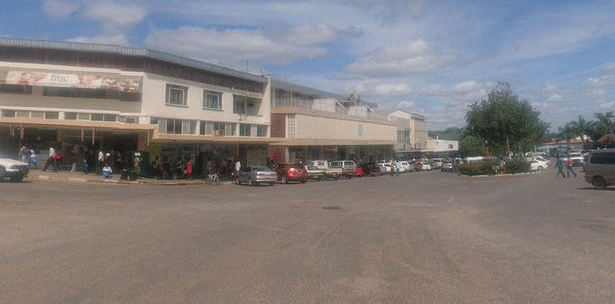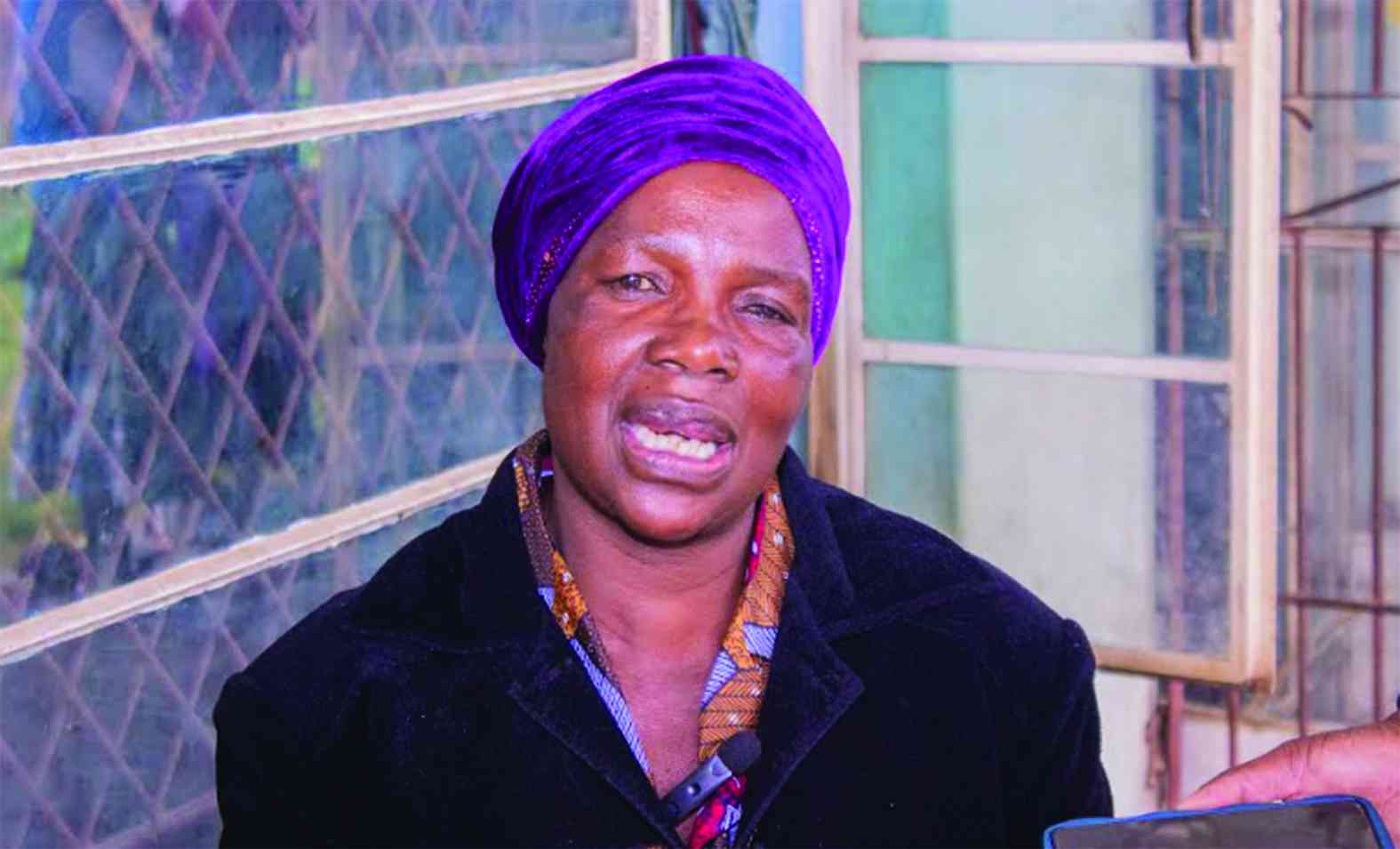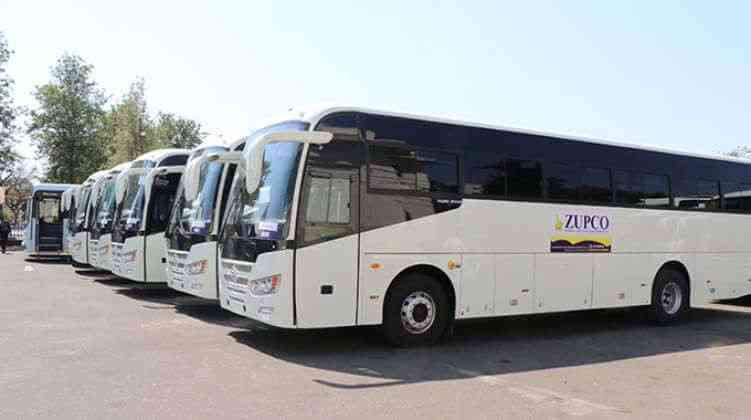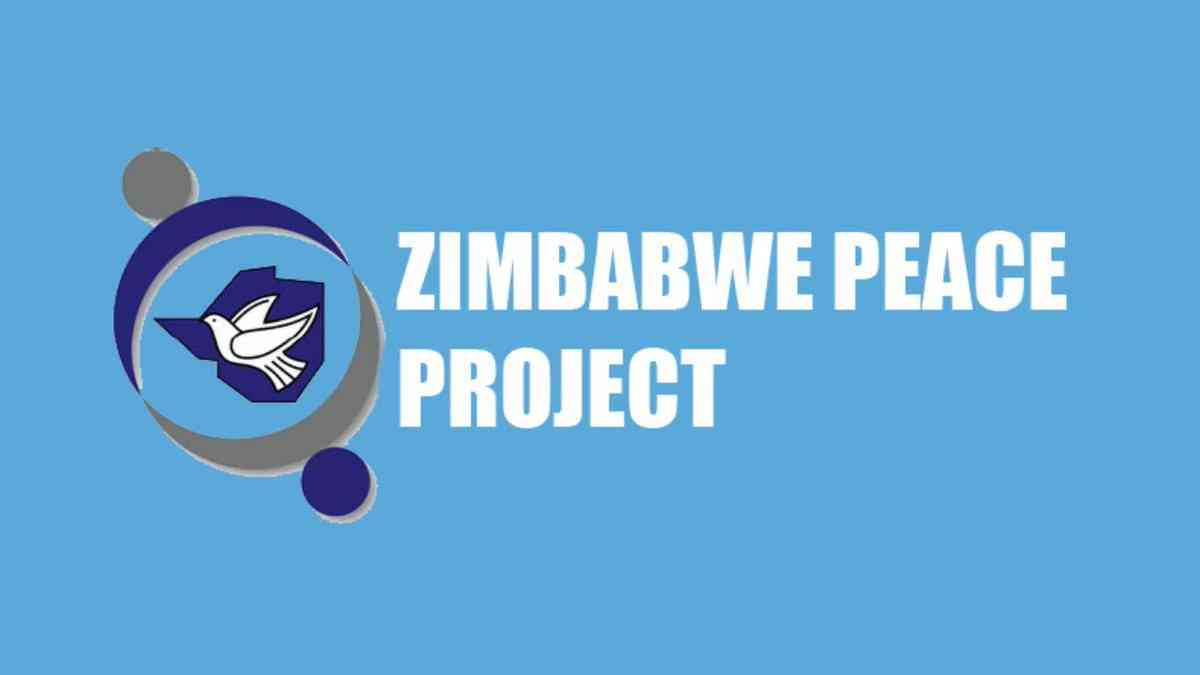
COMMUNITIES in Chiredzi district are benefiting from an informal banking system requiring no collateral for accessing loans assisting beneficiaries to alleviate poverty.
The United States Agency for International Development (USAid)-funded Savings and Internal Lending Committees (SILC) project is being implemented through the Resilient Anchors Activity.
This follows intensified efforts for rural communities to adopt the project in a bid to enhance their livelihoods in the face of the El Niño-induced drought.
The project, which has become popular in the district, has assisted beneficiaries to easily access funds through a minimum of US$300 to US$900 earnings in a cycle.
However, the money is repaid with interest, thereby generating profits for the beneficiary communities.
Participants in the project in Chiredzi district told NewsDay that since they started participating, they had realised immense benefits, including being shielded from the poverty gnawing at their doorsteps.
Chairperson of the SILC project in Village 1, ward 23, Revai Chihanga, said the project helped her to improve her financial status after she acquired cattle.
“I have always wanted to have my own cattle and defy the patriarchal norms that stipulate that women cannot own cattle. This initiative helps us to be able to survive without lacking anything considering that we are in the remote parts of the country,” she said.
Chihanga said the project was inclusive in nature and extended to the needy and those living with disabilities.
“The disadvantaged groups are also benefiting and we have seen many developmental strides within the community, with some constructing toilets or even acquiring cattle,” she said.
Muchaneta Famando said Resilient Anchors Activity’s intervention through SILC enabled them to send their children to school.
“Some of our children had given up hope on education since we could not afford it,” she said, adding that the community initiative had debunked the notion that development was for the formally employed.
“We now have tangible assets and houses that we are not ashamed to parade. This project is different from all other savings projects we have ever embarked on as it gives one the much-needed push to succeed,” she said.
Another beneficiary, Esnat Machipisa, said the SILC initiative was saving many villagers from the anguish of travelling to the cities to secure loans for development projects.
“We just agree as a community on the interest rates and savings. We are grateful for the knowledge we have received,” she said.
Resilience Anchors Activity said the SILC initiative had activities built around resilience building behaviour in the face of a harsh climate.
“We encourage communities to work towards getting savings to deposit and borrow that money. The project, or rather the initiative, has a transparent process that allows beneficiaries to develop trust,” they said.











